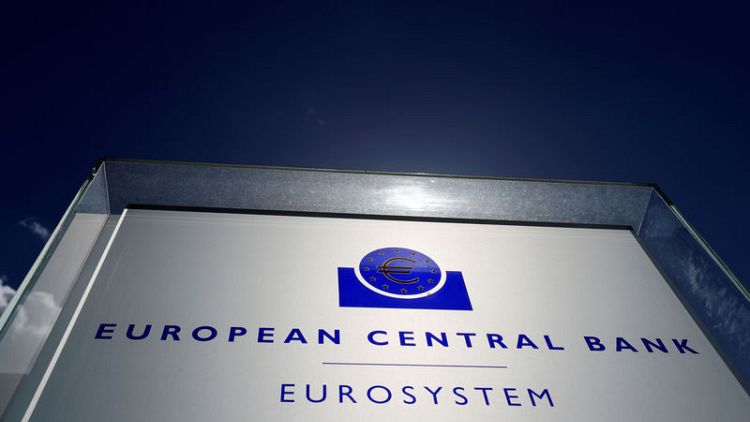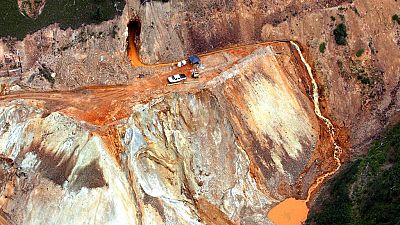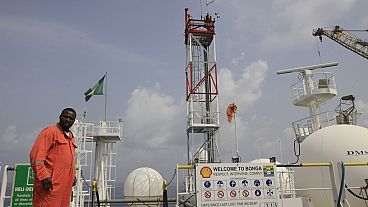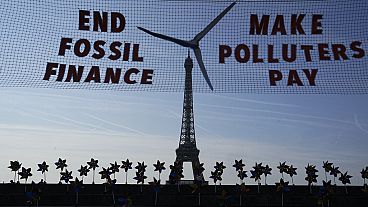FRANKFURT (Reuters) - The European Central Bank may soften its demands for some banks in the euro zone to raise capital and offload bad loans before merging to help speed up consolidation in the profit-starved sector, one of the ECB's top supervisors said on Thursday.
Separately, another senior ECB supervisor poured cold water on the notion floated by some European politicians that it should lower capital requirements for banks' exposure to environmentally sustainable, or green, projects.
Yves Mersch, the vice chair of the ECB's supervisory arm, said many of the hurdles in the way of mergers and acquisitions (M&A) among euro zone banks were outside the ECB's remit and related to differences in national laws and practices.
But he said the ECB, as the euro zone's top bank supervisor, could do more to facilitate M&A, starting by reviewing its requirements that some banks raise capital and offload non-performing loans (NPLs) before merging.
"I would not exclude to revisit our assessment criteria, also about the treatment of NPLs in M&A," Mersch, who joined the ECB's Single Supervisory Mechanism (SSM) this year, said at a conference in Paris.
He said the ECB would "appropriately reflect the synergies reaped by mergers" and avoid double-counting - while not losing sight of the risks associated with mergers between complex organisations.
In 2016, the ECB demanded Italy's Banco Popolare raise 1 billion euros (£856 million) of capital as a condition for approving its merger with Banca Popolare di Milano, while also asking them to offload 8 billion euros of NPLs after the tie-up.
Speaking later at a separate event, the SSM's chair Andrea Enria said the ECB would not give capital relief for green projects just because they were environmentally sustainable.
"The treatment of exposures to certain assets should be based on their risks," Enria told an audience in Brussels. "Any capital relief for green assets must be based on clear evidence that they are less risky than non-green assets."
He said the ECB was working with other European regulators on how to tackle climate-related risks for banks, which range from natural disasters to an economic shift away from polluting sectors.
(Reporting By Francesco Canepa; Editing by David Clarke)



